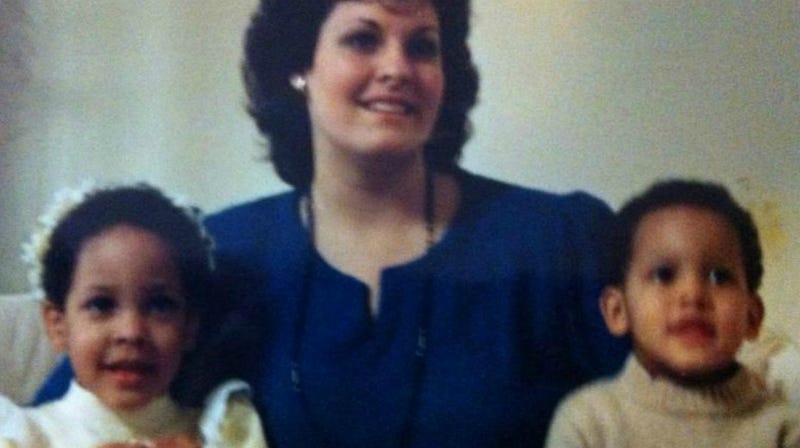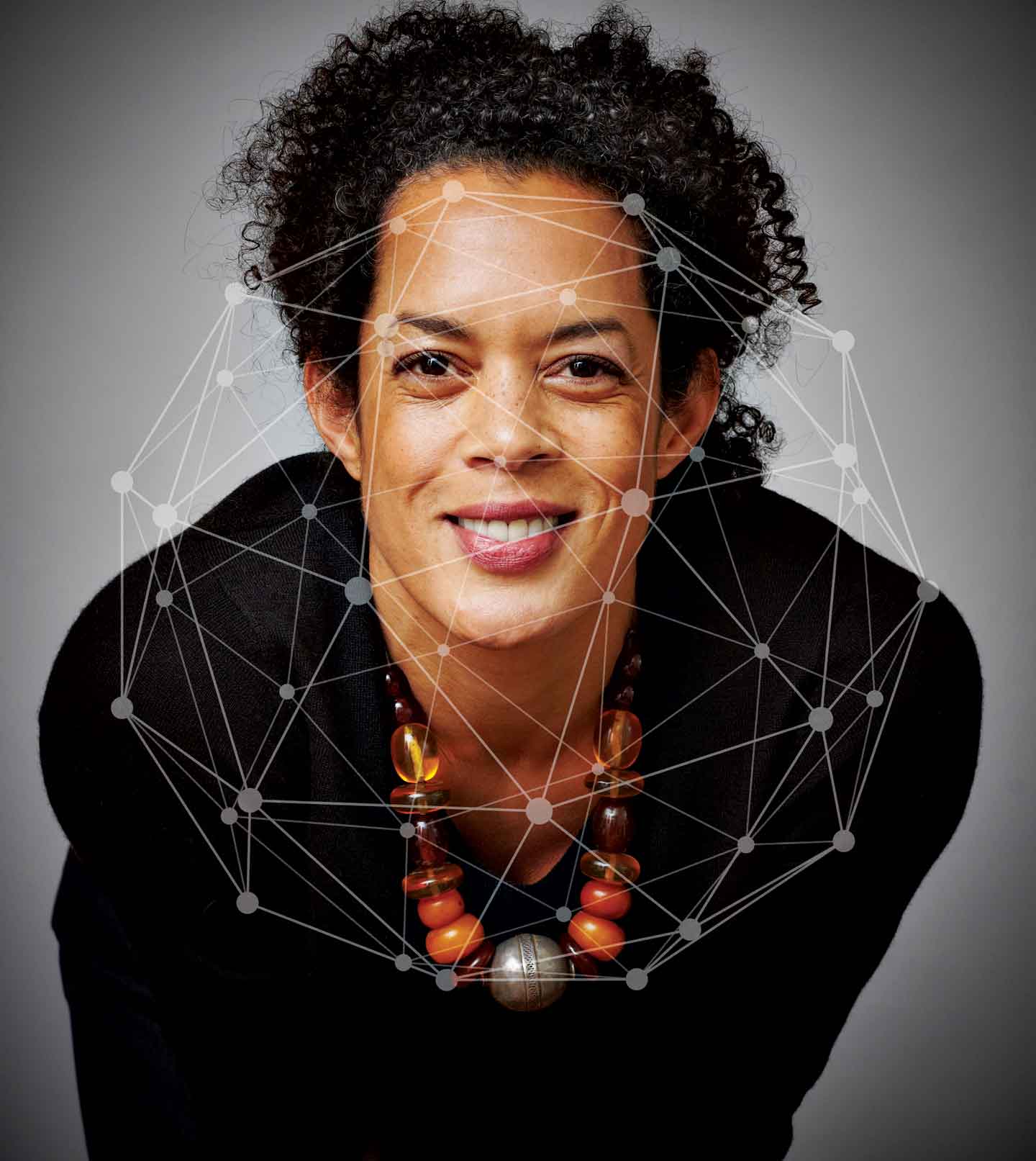Your Nationalism Can’t Contain Me
The Nation
2016-08-25
Aminatta Forna
I’ve held three passports and claimed many identities, all at once. I am the future of citizenship.
Those of us who call ourselves British and were of age in 1990 will remember the Conservative politician Norman Tebbit and his so-called “cricket test.” Immigrants from India, Pakistan, and the West Indies, said Tebbit, should support teams from Britain and not from their countries of origin or ancestry. Anyone who didn’t shouldn’t consider themselves British. “Which side do they cheer for?” Tebbit asked. “It’s an interesting test. Are you still harking back to where you came from or where you are?”
I was reminded of Tebbit’s test on a recent visit to Santa Fe, New Mexico. The hotel bartender, hearing my accent, told me his favorite soccer team was Manchester United. I know little about soccer, but enough to know that Manchester United is a Premier League club, possibly the Premier League club, and attracts a global following—659 million fans, according to data provided by a market-research company hired by the team. The company reckoned there were 108 million Man U fans in China, 35 million in India, 33 million in Nigeria. Many treated the overall figure with skepticism, but nobody doubted that a soccer club based in a northern English city had achieved a massive international fan base. The young bartender was from Mexico, an immigrant to the United States, and had never been to Britain. I asked him why he supported the team, and he said he was a big fan of Wayne Rooney. He admitted, though, that a friend had recently been talking to him about another British team, Aston Villa, and he was thinking that he might switch allegiance…
…Way back, tribes were key to survival. Humans joined into groups, pooled labor, shared care of their offspring, protected each other from wild animals and from rival tribes. Tribes were about resources—maximizing, protecting, sharing. You were a member of your tribe by birthright, typically by being born to other members of the tribe and in the tribal lands. But when it was beneficial, the tribe welcomed more people in; at other times, it might decide that limiting membership was in its best interests. The Jim Crow “one drop” rule, by which a person’s race (in this case, read “tribe”) was determined according to whether they possessed a single drop of African blood, is a case in point…
…Anxieties about shared loyalties continue to vex, even concerning those not suspected of international terrorism. Writing in The Week in January 2015, the columnist and Reason Foundation researcher Shikha Dalmia said: “Today, a new twist on this old worry has emerged. It concerns so-called transnational immigrants like me who like to maintain what Louisiana Governor Bobby Jindal, whose parents are Indian émigrés, last week derisively called ‘hyphenated identities.’ If you want to be Indian, stay in India, advised Jindal, who himself gave up Hinduism, the religion of his birth, and embraced Christianity.”
Like Dalmia, I self-identify as belonging to more than one culture. I have fought for at least a decade with newspapers about how my national and ethnic origins should be described. I reject the hyphen (the term “hyphenated identity” was first struck by Horace Kallen in his 1915 essay “Democracy Versus the Melting Pot”), which looks far too much like a minus sign to me: black minus British, Irish minus American. Always, I ask to be described as British and Sierra Leonean. I did this after many years of being described in various ways: British-born Sierra Leonean, British of Sierra Leonean origin, or—erasing my Scots mother from the picture altogether—simply as Sierra Leonean. (Notably, never have I been described by British papers as Scottish.) But I am both. I belong to both worlds; not just culturally but physically, I move between them. I have family in both, own property in both, have paid taxes in both. I now live in the United States, where I also pay taxes. As a so-called transnational, I belong to a growing class of people…
Read the entire article here.



